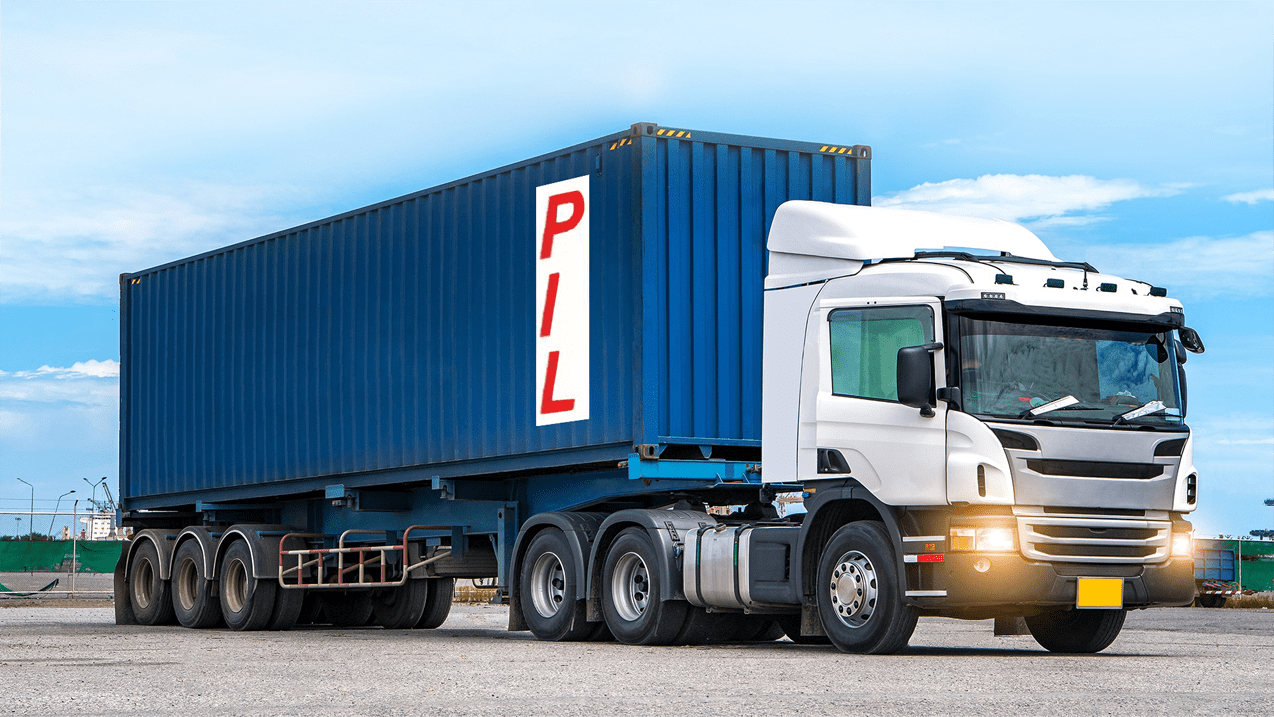Pacific International Lines (PIL), a leading Singapore-based shipping line, and MatchBox Exchange, a SaaS platform for the reuse and exchange of shipping containers between operators, have teamed up to enhance landside logistics for PIL’s customers in Thailand. This collaboration expands a similar partnership between PIL and MatchBox Exchange in Malaysia that began in 2023. PIL’s customers in Thailand now have access to the MatchBox Exchange platform to seamlessly triangulate import containers for export with instant 24/7 approval. Triangulation involves reusing import containers for exports, reducing the need to transport empty containers to and from depots. The collaboration enables PIL’s customers to improve turnaround times, reduce trucking kilometres and carbon emissions, and avoid unnecessary trips to the depot. Founded in 2017, MatchBox Exchange has partnered with 20 shipping lines and empowers more than 1,500 users across Asia. Its platform matches those who have a supply of empty containers with those who need them, to enable customers to conveniently reuse containers, or request or offer empty containers across businesses for their import or export needs. Since launching in Thailand in 2020, MatchBox Exchange has seen impressive growth, with a near 49% increase in triangulation bookings from 2022 to 2023. PIL is among…
Collaboration drives efficiency: How technology is connecting and advancing the container transport industry
It is not common for competing businesses to work in collaboration with each other. But if it could save you time, reduce your costs, and bring in more business, would you consider it? This is a question that shipping container transport operators are starting to ask themselves. As the industry embraces the benefits of digital processes and starts looking for new ways to reduce costs and disruptions in supply chains, there is an opportunity for transport businesses to adopt (and benefit from) more streamlined, strategic, and collaborative processes. Indeed, emerging technology is helping the container transport industry to drive more efficient empty container management and reduce the use of depots by offering digital container reuse (or container triangulation) as a viable alternative. However, it begs the question: is this alone sufficient? Transport operators continue to wear the cost of wasteful supply chains. Container triangulation, which is often synonymous with reusing import containers for export purposes, provides significant time and cost-saving advantages for companies that can reuse empty containers in their possession – reducing the frequent need to transit through depots. It’s a great alternative to depots, that many transport businesses are adopting. However, what if import containers don’t match their export needs? In this…


